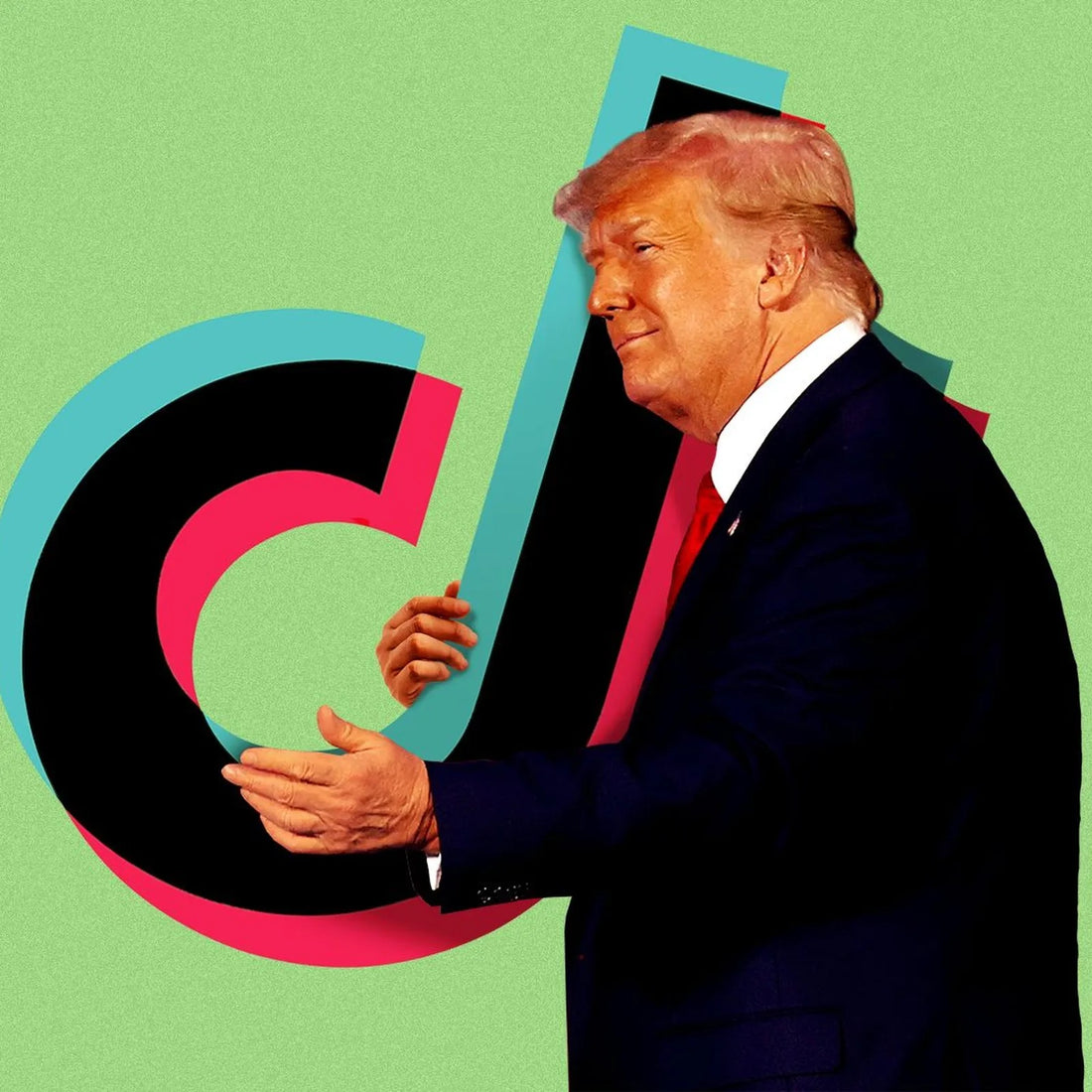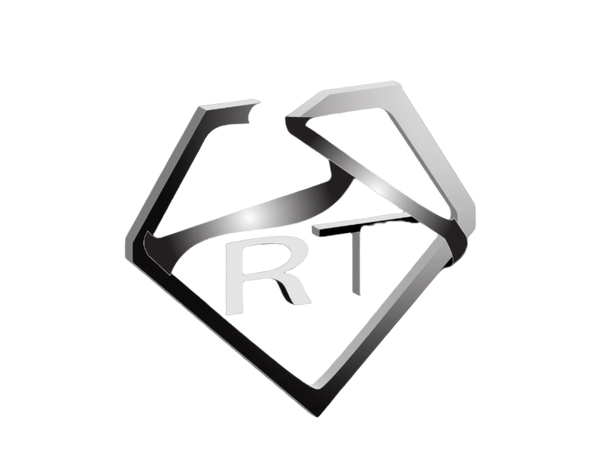
TikTok Ban 2025: National Security, Free Speech, and Trump’s Legacy
Share
Donald Trump and the 2025 TikTok Ban: Unpacking the Controversy
In 2025, the political and social landscape is once again abuzz as Donald Trump reignites his campaign against TikTok, calling for its nationwide ban. This controversial move has stirred debates about freedom of expression, national security, and the role of social media in shaping public discourse. Here’s an in-depth look at what led to this renewed push, its implications, and the responses from various stakeholders.
The Context Behind the Ban
TikTok, owned by the Chinese company ByteDance, has long been under scrutiny for its data privacy practices and potential ties to the Chinese government. During Trump’s presidency in 2020, attempts were made to ban the app, citing national security concerns. While these efforts were ultimately blocked by the courts, the concerns persisted into 2025.
Trump, now a key figure in American politics once more, has revived his calls for a TikTok ban. This time, he has framed the issue as not only a security risk but also a cultural one, claiming the platform promotes content that undermines American values.
The Arguments For and Against
Proponents of the ban argue that TikTok poses a significant threat to national security. They believe that the app’s data collection practices could be exploited by the Chinese government, granting them access to sensitive user information. Additionally, some critics allege that TikTok’s algorithm can be manipulated to spread propaganda or influence public opinion in the U.S.
On the other hand, opponents of the ban view it as an infringement on freedom of speech and expression. TikTok has become a vital platform for creators, small businesses, and activists to reach large audiences. Banning it could stifle creativity and disrupt livelihoods. Moreover, many believe that the move is politically motivated, aimed at consolidating power rather than addressing genuine security concerns.
The Public Reaction
The proposed ban has polarized the public. Younger generations, particularly Gen Z and Millennials, have taken to social media to express their opposition. Hashtags like #SaveTikTok and #FreeSpeech2025 are trending, with users sharing stories about how the platform has positively impacted their lives.
Conversely, some conservatives and older demographics support the move, viewing it as a necessary step to protect national interests and curb what they see as an overreach of foreign influence.
Legal and Legislative Battles
The 2025 TikTok ban has already faced legal challenges. Advocacy groups argue that banning the platform violates the First Amendment and the rights of millions of users. Meanwhile, bipartisan debates in Congress are underway, with lawmakers divided on the best course of action. Some propose stricter regulations on foreign-owned apps rather than an outright ban.
TikTok’s Response
TikTok has denied any wrongdoing and emphasized its commitment to data security and transparency. The company has proposed storing U.S. user data on domestic servers and undergoing independent audits to address concerns. Additionally, TikTok’s parent company, ByteDance, has ramped up its lobbying efforts in Washington to counter the growing opposition.
What’s at Stake?
The potential ban of TikTok extends beyond the app itself. It raises broader questions about the future of social media, digital sovereignty, and U.S.-China relations. If successful, the ban could set a precedent for restricting other foreign-owned platforms, reshaping the digital landscape in America.
The Road Ahead
As the debate unfolds, it’s clear that the TikTok ban isn’t just about one app—it’s about the intersection of technology, politics, and culture in the modern age. Whether the ban goes through or not, its impact will be felt across industries and generations, leaving a lasting mark on the ever-evolving relationship between government and technology.
As of now, the future of TikTok in the United States remains uncertain, but one thing is clear: the conversation about its role and influence is far from over.
